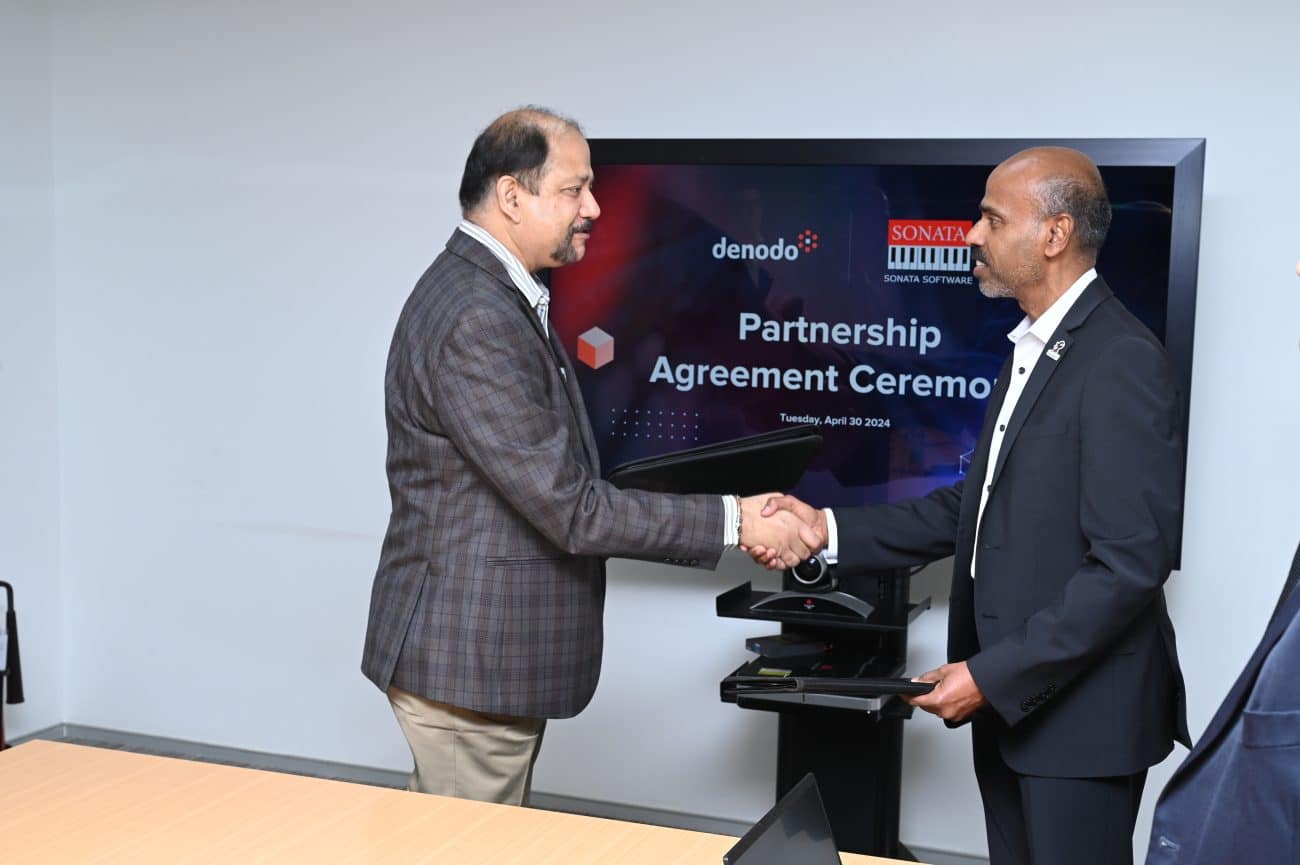Big tech companies have spent millions on initiatives to help the Palestinian tech landscape grow, but a larger amount is being spent to cause indirect damage.
Ironically, some of these companies are involved in Project Nimbus, a $1.2 billion contract to provide cloud services for the Israeli military and government, which allows for further surveillance of unlawful data collection on Palestinians and facilitates the expansion of Israel’s illegal settlements on the Palestinian land.
“Companies make a billion dollars over here. Spend a million dollars over there on whitewashing,” Paul Biggar, the founder of Tech for Palestine, a semi-anonymous group of tech people working for Palestinian freedom, said in an interview with AIM.
Tech companies have a long history of profiting from the governments’ defence activities. The ‘Big Tech Sells War’ report shed light on the subject in detail by looking at the transaction between the two parties since 2004.
The study highlighted that the US Department of Homeland Security and Department of Defense have collectively paid Amazon, Google, Microsoft, Facebook, and Twitter at least $44 billion for their services. Hence, the defence agencies around the world have become a critical aspects the big tech clientele over the years.
Biggar explained the crux of the problem: “The entire society is set up around the idea of companies having growth. Everything, including politicians, retirement funds, and the law, is somehow connected to the stock market.” He asserted that American society would be in trouble if the stocks didn’t go up. People will lose their jobs, leading to terrible societal issues like lack of health insurance and suicides.
In the current system, Biggar doesn’t see any improvement, barring a complete change in American society, which will not happen. Speaking on behalf of Tech For Palestine, he said their goal is to change the US tech scene.
He gave the example of OpenAI, which “is a hugely powerful company, and the people running it have the same incentives — growth and profit”. It is not a very ethical company to start with, he said, and continued to speak about Tal Broda, one of OpenAI’s senior leaders, who wrote a series of genocidal tweets over months dehumanising Palestinians.
They just announced plans to raise money at a $100 billion valuation. “If they want to be $90 billion, they will wish for OpenAI to be a trillion dollars, as there is not just a desire, but a need for growth within such companies. That pushes people into domains like military applications, where there’s a lot of money,” he noted, as recently OpenAI quietly allowed the use of its technology in the military.
Tech for Good?
Biggar first articulated his anguish in a searing blog post titled ‘I can’t sleep‘, which thousands of people resonated with. But speaking publicly about people being killed in Gaza came at the cost of Biggar being ousted from the board of unicorn CircleCI, which he co-founded in 2011.
“There’s an awful lot of problems with the startup and big tech ecosystem, and they need people with ethics to be involved in that too. With startups, the investors in the space are quite ethically compromised,” he pointed out. His Tech for Palestine project promotes a list of anti-Palestinian VC funds for boycott.
“You are on the growth engine; you sometimes make money for bad people. At the same time, you can be an ethical force for good within the ecosystem. Founders have a lot of ability to do this,” he added.
Biggar drew attention to TikTok, a platform with many associated problems. Still, at the same time, it has provided an outlet for people who want to talk about Gaza. “While the same things are algorithmically de-emphasised and de-amplified on Instagram, the fact that another company has a different set of problems is a massively freeing thing for the workaround for the US propaganda, and that’s a very good thing, especially in this case,” he said.
As the Israeli forces are disrupting the current tech landscape in Gaza, Biggar noted two groups who are trying to fix the space. One is Startup Palestine, run by people in the West Bank, to help the still viable startups in the area. “It is helping startups survive by trying to raise funds and put together resources like mentorship, guide credits, etc,” Biggar said.
Then there’s an initiative run by Ryan Sturgill from CrossBoundary to put together about 5 million in seed to keep the ecosystem alive, he stated. “It has a goal of trying to help the ecosystem in Gaza get back on its feet after a ceasefire is declared,” the New York-based tech innovator said.
Silicon Valley’s Hypocrisy
Through his scathing blogs, Biggar has raised the issue of how the silence of the tech industry is encouraging Israel to continue its atrocity. While not everyone has been able to do so, Biggar thoughtfully took that step. “One of the things that I perceived was that I have a different risk tolerance than most people. I realised if I’m not going to write and publish this, who will?”
It came from his learnings during the Black Lives Matter movement a while back when he realised how important it is for people with privilege to use it right. “I’ve seen when Muslims and Arabs who are interested in publishing the same piece, there’s a discrediting element that would happen, at least in the US,” he rightly said, as a similar story came out of Google in November.
He pointed out that there’s a certain perceived lack of bias from a white guy writing a blog like that and lower risk for someone than marginalised people in the US and its tech scene.











































































